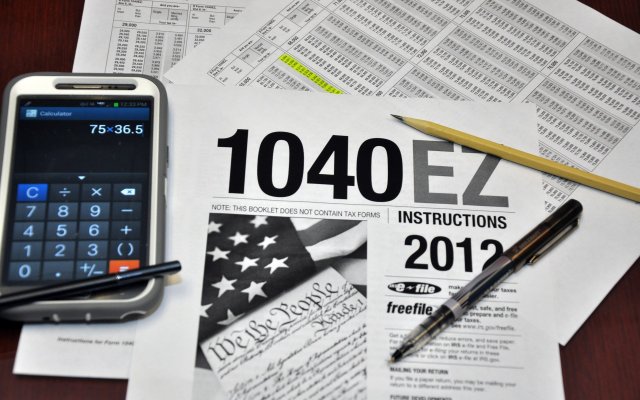
Tax authorities in Belgium aren’t joking around when it comes to Belgians paying taxes on their cryptocurrency gains.
Unity is Taxes
According to reports from Belgian newspapers, the country’s Special Tax Inspectorate has opened three cases in regards to cryptocurrency taxes, with a fourth recently closed and treated as a “non-case.”
Belgian law stipulates that anyone speculating on cryptocurrencies must pay a 33 percent tax on profitable gains, and said gains must be declared as “miscellaneous income” on tax returns – a rule which was apparently imposed at the end of last year.

At the moment, the STI – in addition to laying claim to an unfortunate acronym – is having a rough time enforcing the tax code, as most cryptocurrency trades are being made on foreign exchanges, and assets are being stored on foreign platforms.
Nevertheless, the STI is cracking down on Belgians not paying their fair share to the Western European country – and it’s just beginning. As noted by FPS Finance spokesman Francis Adyns:
It is a world in which the Belgian tax authorities still have much to achieve.

In order to achieve its goals, Belgium’s Special Tax Inspectorate is relying heavily on foreign cooperation.
For each of the aforementioned cases, STI obtained the necessary tax information from yet-to-be-named foreign tax authorities. The STI is also requesting the cooperation of cryptocurrency exchanges in handing over Belgians’ information.
Coinbase Complies with the IRS
Belgium isn’t the only country looking to get its hands on citizens’ cryptocurrency profits.
Recently, popular California-based cryptocurrency exchange Coinbase forked over more than 10,000 users information to the Internal Revenue Service. The information provided includes users’ “taxpayer ID, name, birth date, address, and historical transaction records for certain higher-transacting customers during the 2013-2015 period.”

The exchange initially failed to comply with the IRS, who originally requested information on virtually every Coinbase user. As explained by the exchange:
In December 2016, the Internal Revenue Service issued a summons demanding that Coinbase produce a wide range of records relating to approximately 500,000 Coinbase customers. Coinbase fought this summons in court in an effort to protect its customers, and the industry as a whole, from unwarranted intrusions from the government.
Unfortunately, unwanted intrusions from governments around the globe will likely only become more commonplace as the market matures.
What are your thoughts on the taxation of cryptocurrency? Let us know in the comments below!
Images courtesy of Goodfellow AFB, NewHDPhotos, Shutterstock


















